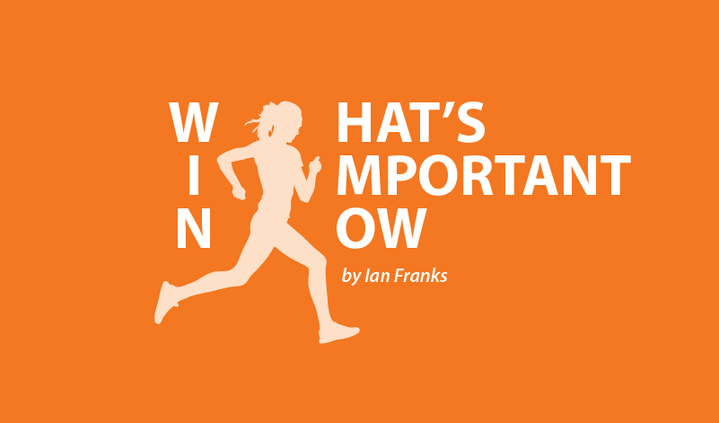My Life is My Own, MS Cannot Have It

Lotus Seven, the iconic car diven in "The Prisoner" TV series. (Credit: nbnserge/Shutterstock.com)

It is often said that real life mimics television, and one hit TV series certainly reflects the theme: “my life is my own, MS cannot have it.”
During the 1960s, 1967–68 to be exact, an iconic television show ran on Sunday nights called “The Prisoner.” It starred Patrick McGoohan as a British secret agent who, after resigning, was abducted and woke up in a mysterious place known only as The Village.
This series developed what might be described as a cult audience, and I, then a 15-year-old, was a happy member.
There is no need, here, to delve any further into the show’s content, but it seems to me that all of us with multiple sclerosis are living in our own version of The Village. We all awoke one day to the realization that all was not well. We consulted a doctor and, once diagnosed, we were each abducted by multiple sclerosis to become new residents of The Village.
Viewers of the television series never knew the name of McGoohan’s character — just his number. Everyone in The Village had a number — he was Number 6.
Not that he accepted that. “I am not a number. I am a person,” he yelled at one point, being in a constant rebellious mood and hell-bent on freedom. In the same episode, he said: “I will not be pushed, filed, stamped, indexed, briefed, debriefed, or numbered! My life is my own.”
From the way “Number 6” refused to accept his confinement and was always looking for a way to escape, we could draw a parallel with our confinement by multiple sclerosis and our constant desire to be rid of this disease for good.
What’s more, just as McGoohan’s character reacted so violently against being categorized as a number, so too we don’t want to be defined by this disease. I refuse to be labeled as a disabled person because that is not me. Yes, I have MS and so I have a disability – but I am a person and my life is my own.
Within the MS world as we know it, I own not just my life but my body, too. And this means that I won’t blindly follow any so-called “accepted” treatment routine. All patients have the right to know everything about any proposed treatment, both its advantages and disadvantages, before agreeing. Our lives and our bodies really are our own, and we owe it to ourselves to take the very best care of them both.
What that means is that we, not the doctors, have the final say over our treatment. Whether or not we accept a disease modifying therapy (DMT), HSCT, natural medications or simply a diet, doctors can only advise. The power is ours and we must not be afraid to use it.
Note: Multiple Sclerosis News Today is strictly a news and information website about the disease. It does not provide medical advice, diagnosis, or treatment. This content is not intended to be a substitute for professional medical advice, diagnosis, or treatment. Always seek the advice of your physician or other qualified health provider with any questions you may have regarding a medical condition. Never disregard professional medical advice or delay in seeking it because of something you have read on this website. The opinions expressed in this column are not those of Multiple Sclerosis News Today, or its parent company, Bionews Services, and are intended to spark discussion about issues pertaining to multiple sclerosis.







Leave a comment
Fill in the required fields to post. Your email address will not be published.